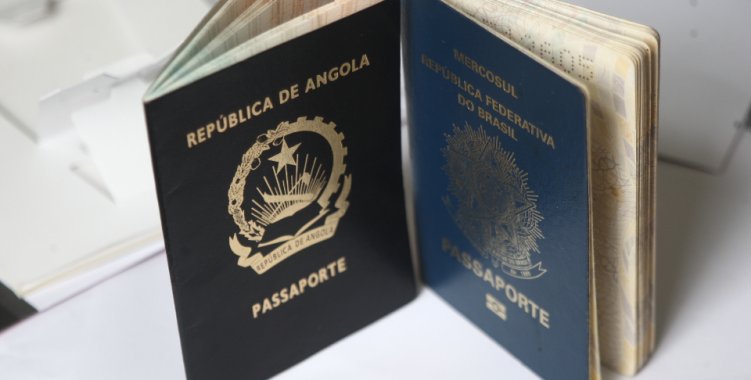In an interview with Lusa, Rafael Vidal notes that the problem has been growing since the end of the pandemic, with the increase in the number of Angolans wanting to travel to Brazil, which has caused the demand for visas to rise above an annual average from 5000 visas to the current 25,000 to 30,000 applications, almost 700 percent more than in 2022.
Many applicants complain about excessive bureaucracy and delay, which leads to resorting to intermediaries, but Rafael Vidal considers that this is not an embassy problem, as "it is impossible for human and physical resources to grow at the same pace" as the search.
Currently, the Brazilian embassy has consular services, but the diplomat admits that the reopening of a new consulate general, already announced by the Brazilian President, Luiz Inácio Lula da Silva, could take place later this year.
Rafael Vidal adds that measures were implemented to facilitate the fluidity of applications, with daily limits being established to serve applicants and prevent passports from being retained.
"We ended up having 14 thousand", he says, adding that all of them have already been delivered and that to avoid retaining passports, scheduling became the "gateway" for applicants, with around 50 being served per day.
Although he admits that appointments continue to take time, Rafael Vidal states that the embassy is not to blame, but rather the "explosion in demand for visas for Brazil".
According to the diplomat, the country has been increasingly sought after as it responds to the needs of health, education, work and improved living conditions, but also because "the rest of the world is closing its doors".
"Other countries that could be a destination, such as the USA and Portugal, for example, do not have the same ease in issuing visas", he stressed, highlighting that for a tourist visa (granted for two years) only proof of income and valid documents are required.
The main type of visa that has been requested is precisely the tourist visa (90 percent), followed by the student visa.
Asked about complaints regarding payments to make appointments and corruption schemes, recently denounced by the non-governmental organization Omunga, Rafael Vidal denied the allegations.
"In relation to the embassy there is no extra payment, the embassy is shielded. Now on the street we don't know what happens, it could happen that the famous 'mixers' deceive the unwary and offer services in exchange for money to speed up visas, it is possible that intermediaries, travel agencies do it, we cannot act on that", he says.
The ambassador considers the use of the word corruption in these cases to be "very irresponsible", as he considers that this concept refers to the involvement of State agents.
"And we don't have State agents offering services. Those who do are the famous 'mixers' who charge money with the promise of getting a visa faster", insists the diplomat, who warns of the fact that many intermediaries present falsified documents that lead to the refusal of visas, with users being "deceived".
Around 60 percent of visa applications are not approved, and among these, close to 80 percent are not granted due to non-conformity in the documents, while the remainder are refused because they are linked to serious irregularities such as forgery or fraud, which prevent requests for a new visa for five years.
As for "other insinuations", evidence must be presented, Rafael Vidal stressed, noting that the embassy maintains an open channel to expedite urgent cases, whether due to health problems or participation in meetings in Brazil that are considered important, as was the case of Omunga, whose appointment was requested urgently.
Last week, Omunga denounced the existence of alleged corruption and influence peddling schemes to obtain visas at the Brazilian Embassy in Luanda, after its executive director, João Malavindele, was unable to embark for the South American country to participate at the meeting of the Lusofonia Network to Combat Corruption (RedGov).
"Mr Malavindele (executive director of Omunga) was waiting to be contacted by the embassy and we cannot contact thousands of citizens (...) in his case, fortunately, we fulfilled the appointment and he did not pay anything", says the diplomat, suggesting a communication failure.







